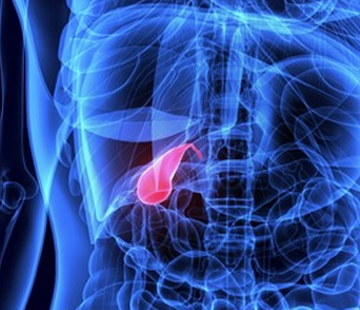Complications

Complications
Choledochal cysts, though rare, can lead to various complications if left untreated or if not managed properly after surgery. This page will discuss the general complications associated with choledochal cysts, complications arising from untreated cysts, and potential issues arising during and after surgery.
General Complications:
- Cholangitis: Infection and inflammation of the bile ducts can occur as a result of choledochal cysts, leading to fever, abdominal pain, and jaundice.
- Pancreatitis: Choledochal cysts can obstruct the pancreatic duct, causing inflammation of the pancreas.
- Liver abscess: Infections related to choledochal cysts can spread to the liver, resulting in the formation of liver abscesses.
- Cholangiocarcinoma: Choledochal cysts carry a risk of malignant transformation, leading to bile duct cancer.
- Biliary cirrhosis: Prolonged obstruction and inflammation of the bile ducts can result in biliary cirrhosis, a form of liver disease.
Complications from Leaving Choledochal Cysts Untreated:
- Progressive liver damage: Untreated choledochal cysts can cause ongoing liver damage, ultimately leading to liver failure.
- Increased risk of malignancy: The risk of developing cholangiocarcinoma increases with the duration of untreated choledochal cysts.
- Recurrent infections: Untreated cysts can lead to recurrent cholangitis, causing repeated episodes of fever, abdominal pain, and jaundice.
- Portal hypertension: Chronic liver damage can result in increased blood pressure in the portal vein system, leading to complications such as variceal bleeding and ascites.
Complications from Surgery and Post-Surgery:
- Intraoperative complications: As with any surgery, there is a risk of bleeding, infection, or injury to surrounding structures during the procedure.
- Anastomotic leakage: There is a risk of bile leakage at the site of the biliary reconstruction, which can cause infection and inflammation.
- Stricture formation: Scar tissue may form at the site of biliary reconstruction, leading to a narrowing of the bile duct and potential obstruction.
- Recurrent cholangitis: Even after surgical treatment, some patients may experience recurrent episodes of cholangitis.
- Biliary cirrhosis and liver failure: In some cases, patients may still develop progressive liver damage following surgery, eventually leading to liver failure.
In summary, choledochal cysts can lead to various complications if not treated or managed correctly. General complications include cholangitis, pancreatitis, liver abscess, cholangiocarcinoma, and biliary cirrhosis. Untreated cysts can result in progressive liver damage, increased risk of malignancy, recurrent infections, and portal hypertension. Surgical and post-surgical complications may involve intraoperative issues, anastomotic leakage, stricture formation, recurrent cholangitis, and ongoing liver damage. Early diagnosis, appropriate treatment, and close follow-up are essential for minimizing these complications and improving patient outcomes.